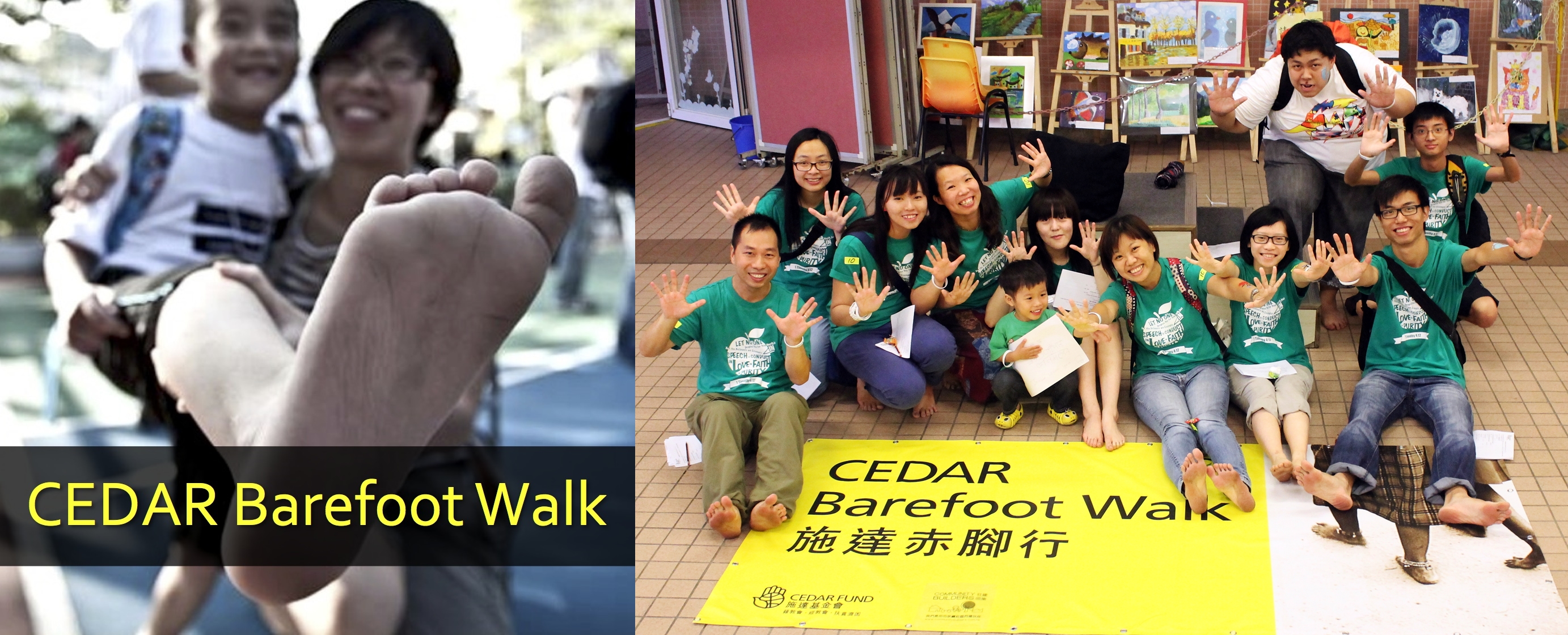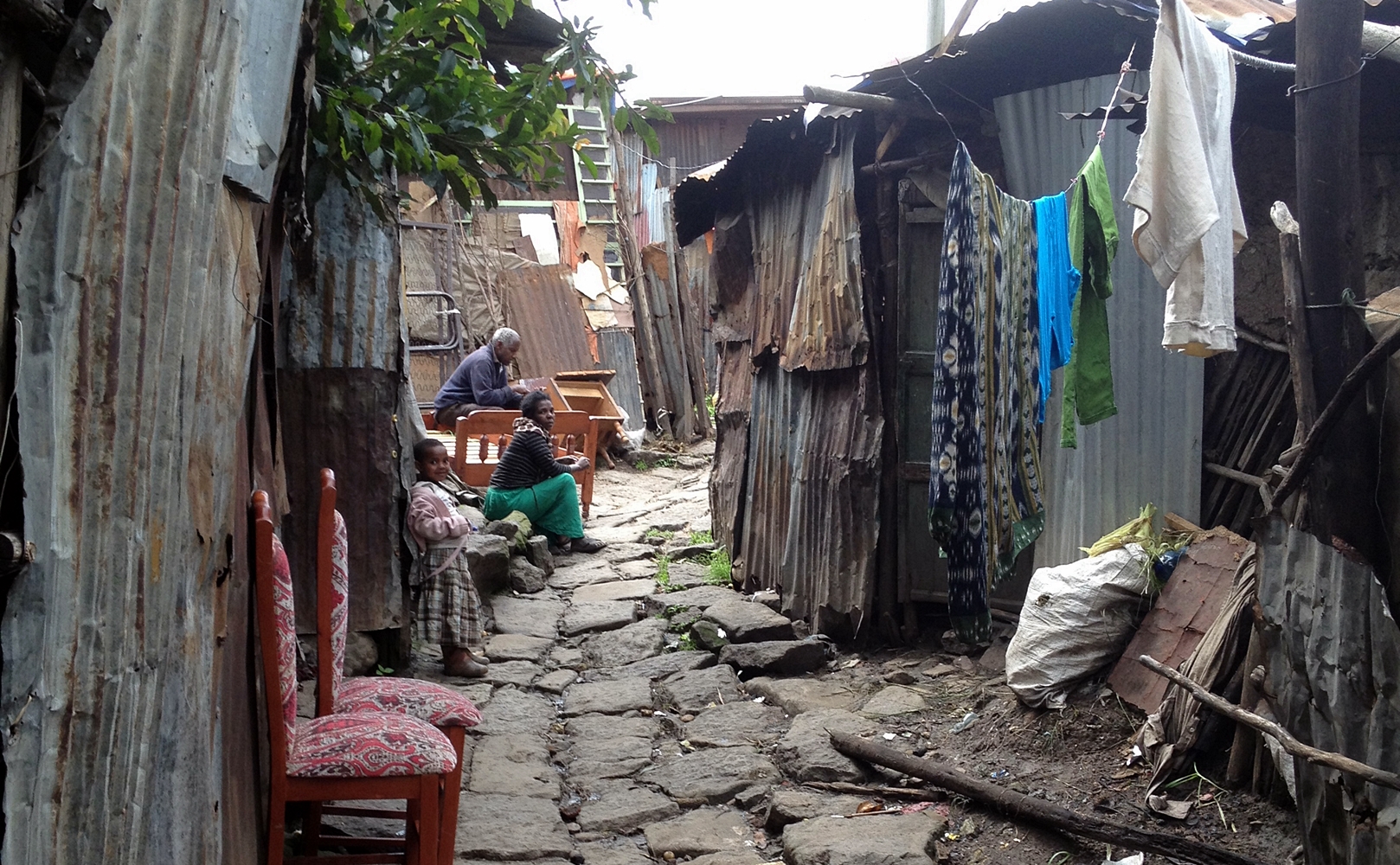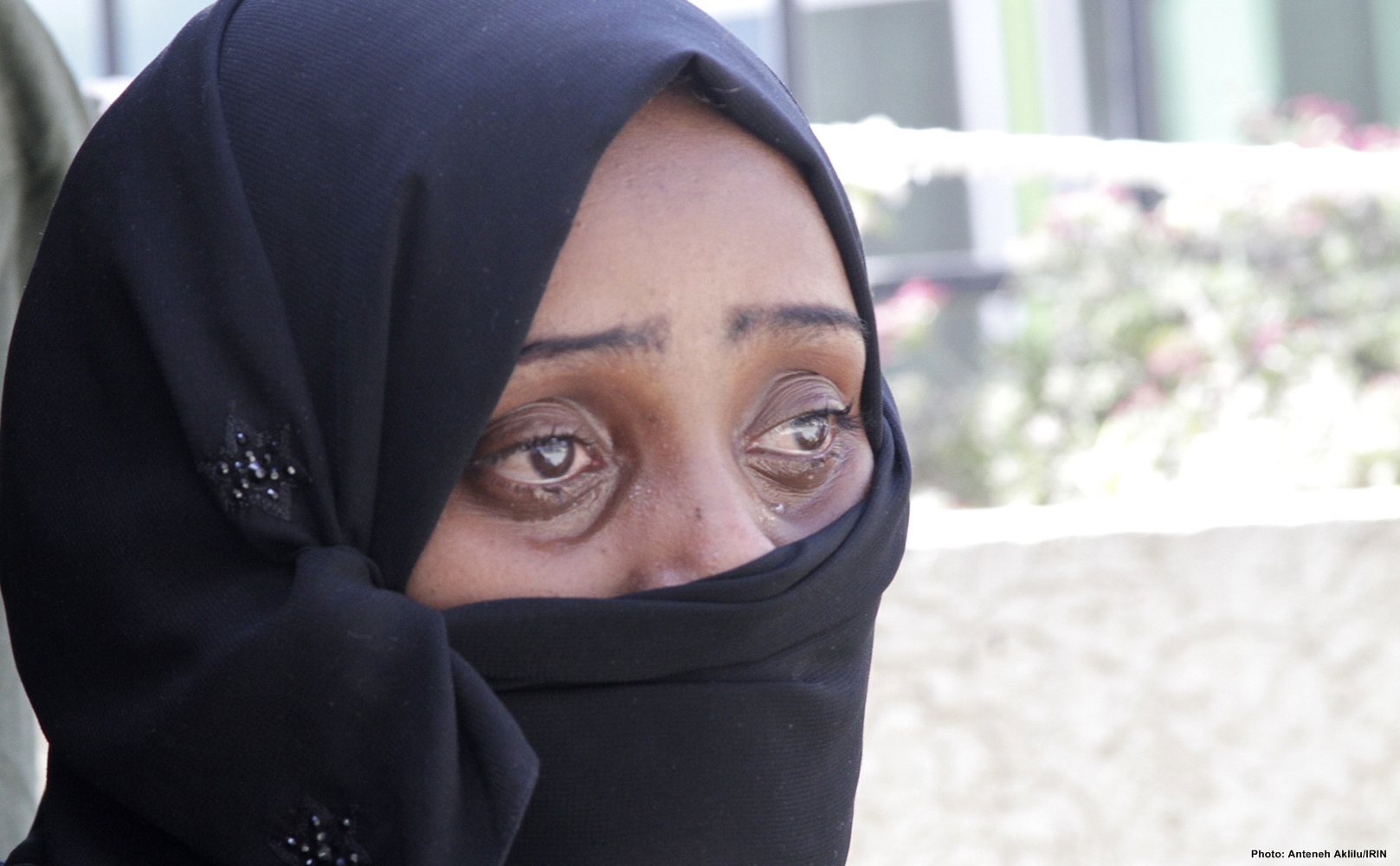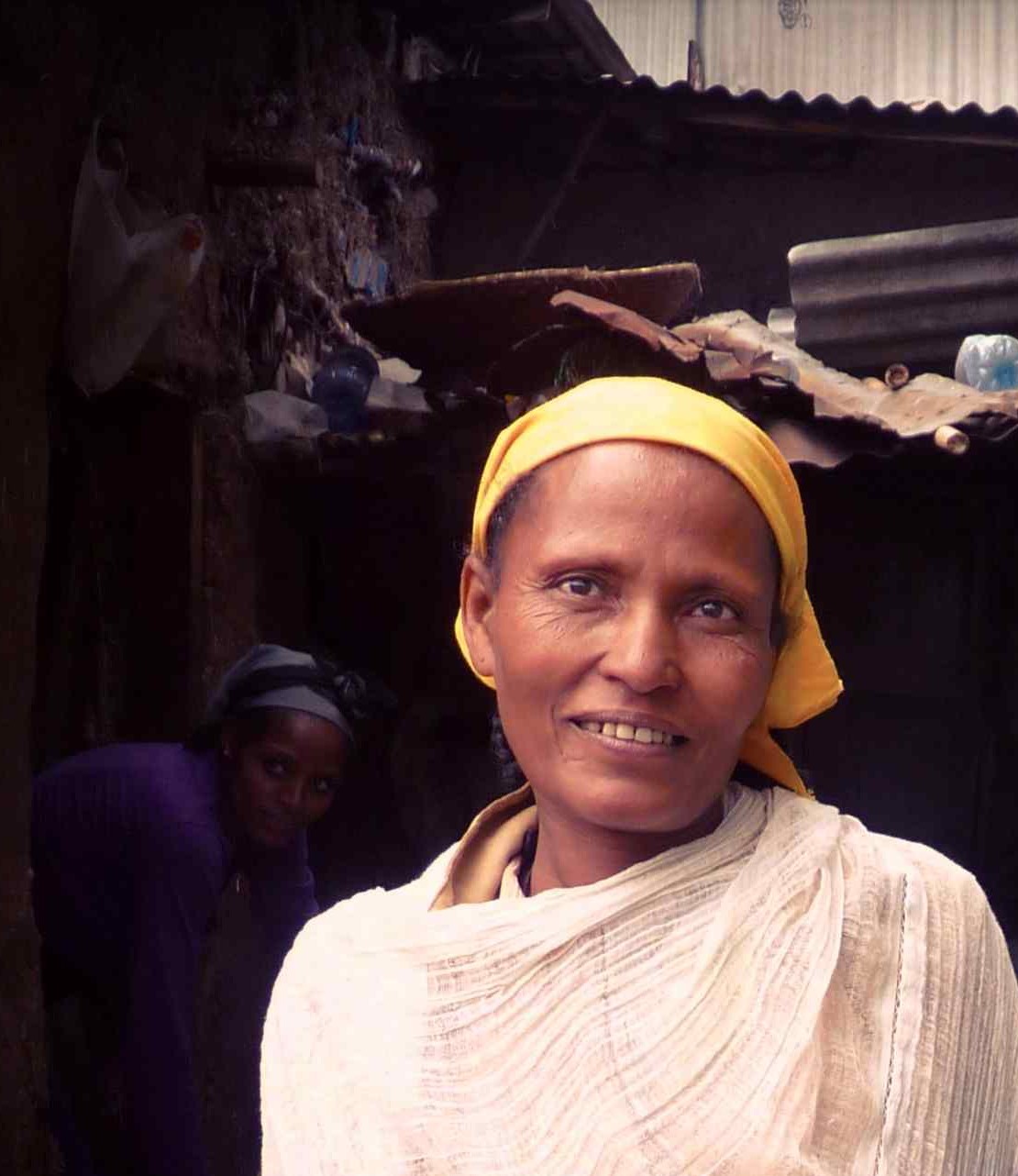For decades, migrants from the Horn of Africa have passed through Yemen to seek better life in Saudi Arabia. Because of political unrest, more than 260,000 Africans migrated to or through Yemen during 2011-13. The number has decreased since 2013; however, it rose again in March 2014.
The trip across the Gulf of Aden and Red Sea is dangerous, and many migrants drown to death on their journey. Thousands of migrants are stranded in the northern region of Yemen waiting to be transferred illegally to Saudi Arabia. Many are exposed to poverty, homelessness, and abuse.
A multimillion-dollar trafficking racket has developed in the northern Yemeni border town of Haradh, exploiting the migrants. It is estimated that trafficking and smuggling make up 80% of the local economy.
A recent Human Rights Watch report describes the severe torture suffered by Somalian and Ethiopian migrants in Yemen. Since 2006, Yemeni traffickers in and around Haradh have taken migrants captive and kept them in “torture camps”, where they torture the migrants to extort money from migrants’ relatives in Ethiopia and Saudi Arabia.
Aid workers observed signs of abuse in migrants caused by ripping off fingernails, burning ears, branding skin with irons, gouging out of eyes, and breaking of bones. Health workers have seen migrants with injuries including lacerations from rape, damage from being hung by their thumbs, and burn from cigarettes. The torture sometimes ends in death. The Haradh hospital receives dead bodies of at least two migrants per week.
The camps are usually run by Yemeni, who typically come from families related to officials. Captured migrants can be released if their relatives pay ransoms ranging from US$200 to over $1,000. The authorities are failing in fighting trafficking, and in some occasions even actively help the traffickers. Traffickers pay checkpoint officials so to drive through without being checked, carrying Yemeni and African migrants to the Saudi border.
According to the 2009 international corruption Perception Index, Yemen is ranked 164 out of 182 countries. The country is in the process of dialogue to address its major issues and to draft a new constitution. Yemen is facing a crisis in health care, security, and access to food and water; 54·5% of the population live below the poverty line and this proportion is continuously increasing.
More than 308,000 of Yemeni migrants have returned from Saudi Arabia since 2013, due to tightening labor laws. These returns have handicapped the government’s ability to handle African migrants. The authorities stopped fighting traffickers, because they could not provide the migrants with food and shelter.
To end this human disaster, Yemen must commit to the 1951 Refugee Convention on the rights of refugees. The international community and donor countries should aim to resolve this tragedy and support governmental and non-governmental organisations initiatives. Fighting bribery in Yemen is also important to reduce human trafficking. [HRW, the Lancet]
Meditation on Scriptures
(The Queen of Sheba spoke to King Solomon:)
“Praise be to the Lord your God, who has delighted in you and placed you on the throne of Israel. Because of the Lord’s eternal love for Israel, he has made you king to maintain justice and righteousness.” (1 Kings 10:9)
“And all from Sheba will come,
bearing gold and incense
and proclaiming the praise of the Lord.” (Is 60:6)
The Queen of Sheba (present day Yemen) learnt from Solomon that a major responsibility given by God to rulers is to exercise justice. Isaiah prophesized that Sheba would at the end time come to praise the God of all nations. May Yemenis today learn that the security of the poor migrants is a priority of responsible governance, and come to the real knowledge of the Sovereign God.
Pray for the African migrants in Yemen:
- Pray that the Government will raid and stop the functioning of torture camps, and provide migrants with all necessities for a decent living.
- Pray that donor countries will exert pressure on Yemeni and Saudi Arabian authorities to investigate and prosecute the traffickers.













